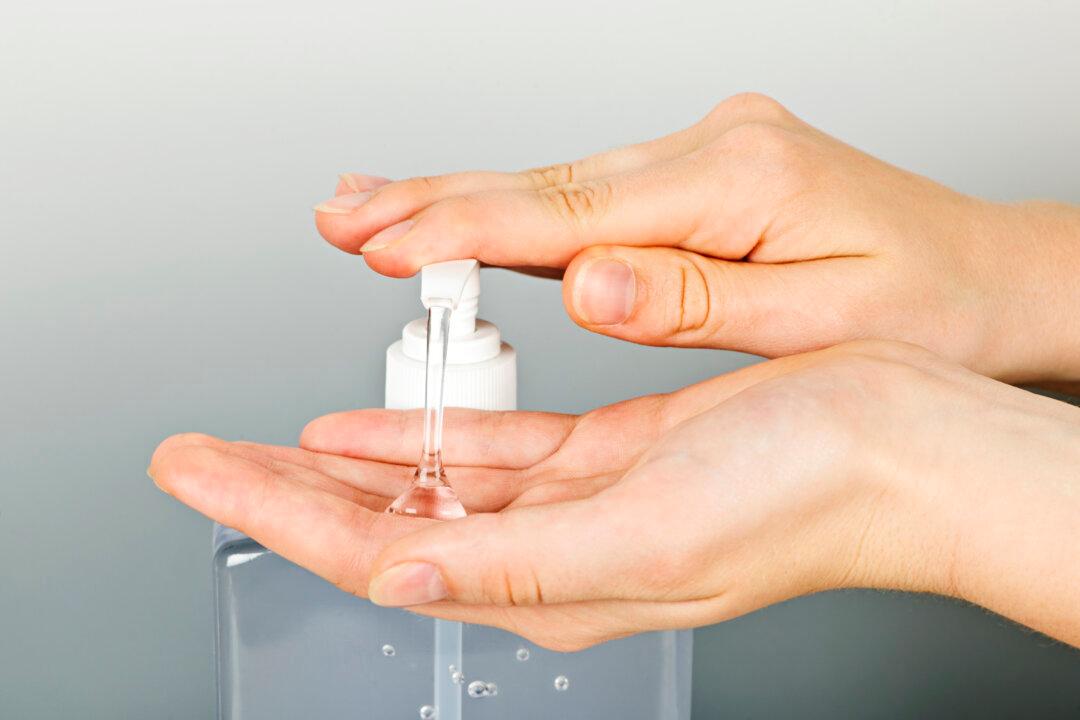CVS said that there could be a temporary shortage of hand sanitizer due to a spike in demand amid the spread of the COVID-19 coronavirus.
“This demand may cause temporary shortages at some store locations and we re-supply those stores as quickly as possible,” a spokesperson for CVS told CNN on Friday.





